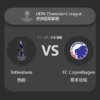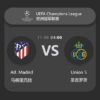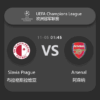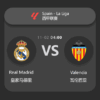A recent investigation by The Esports Advocate (TEA) has revealed troubling advertising practices among partners of the 2024 Esports World Cup (EWC). The report highlights several instances where partner organizations failed to disclose paid promotions on social media, potentially breaching advertising laws in multiple jurisdictions.
EWC Partners Found Circumventing Advertising Rules
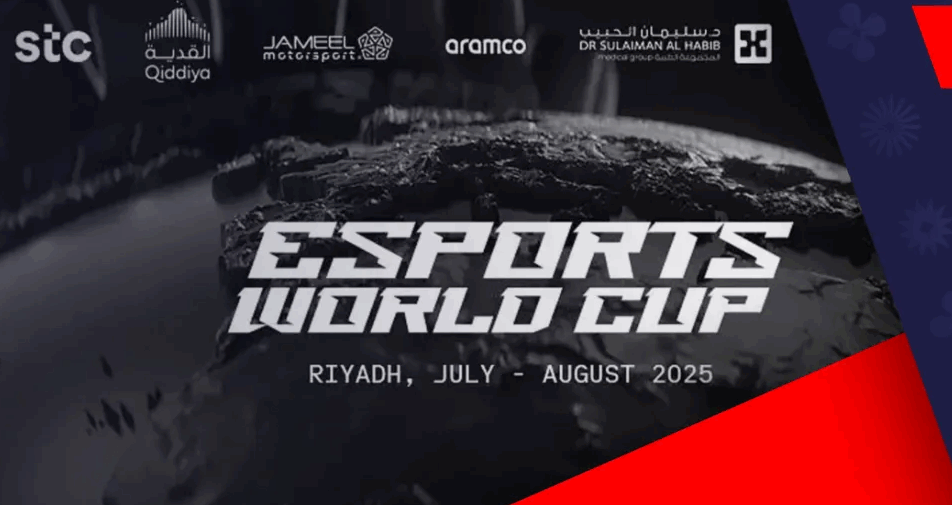
Ethical Concerns Emerge Around Esports Advertising Practices
A recent investigation by The Esports Advocate (TEA) has revealed troubling advertising practices among partners of the 2024 Esports World Cup (EWC). The report highlights several instances where partner organizations failed to disclose paid promotions on social media, potentially breaching advertising laws in multiple jurisdictions.
$20M Club Partnership Program Under Scrutiny
The EWC Club Partnership Program selected 40 esports organizations globally in 2025, allocating up to $1 million per team from a $20 million fund. The aim was to boost brand presence and reach a broader global audience through content-driven marketing before and after the event.
Lack of Advertising Disclosures Raises Legal Flags
In May 2024, TEA investigated whether these partners were violating advertising disclosure regulations. Analysts discovered multiple posts that featured economically incentivized content without appropriate labels across various regions.
The report consulted regulatory bodies such as the U.S. Federal Trade Commission (FTC), UK Advertising Standards Authority, Canada’s Competition Bureau, European Advertising Standards Alliance, and the European Commission. Legal expert Leonid Shmatenko of Eversheds Sutherland also weighed in on German and Swiss laws.
All regulators agreed that these undisclosed posts constitute violations.
Despite these findings, the Esports World Cup Foundation (EWCF) did not respond to TEA’s request for comment. Sources suggest the lack of disclosure was a deliberate strategic choice by event organizers. Notably, no fines or penalties were issued throughout 2024, despite the breaches.
“Non-Disparagement” Clauses Raise Ethical Concerns
In his newsletter The Fudge Retort, journalist James Fudge observed that most EWC-related content appeared spontaneous, not obviously sponsored. However, he warned that legal standards require esports stakeholders to prioritize transparency over aesthetics.
“Ethical expectations often clash with commercial incentives,” Fudge explained. “Teams either follow the directive to avoid disclosures or choose to hide them voluntarily to maximize earnings.”
EWC contracts reportedly contain non-disparagement clauses, requiring players, coaches, and staff to only communicate positively about the organization in public forums.
Ethical Risks Amid Saudi Arabia’s Human Rights Record
Experts warn that little will change for EWC 2025, even amid ongoing human rights concerns in host country Saudi Arabia. Despite its investment in esports, the nation continues to enforce capital punishment, detain dissidents, and criminalize LGBTQ+ identities.
The EWC’s state backing—via Saudi Arabia’s Public Investment Fund—has drawn accusations of sportswashing, the tactic of using entertainment to divert attention from human rights abuses. Groups like Amnesty International and Human Rights Watch have condemned the practice.
EWC 2025: Nation-Backed Global Spectacle
The 2025 edition of the Esports World Cup runs for seven weeks in Riyadh, with a record $70 million+ prize pool. It is funded by Saudi Arabia’s Public Investment Fund and organized by ESL FACEIT Group, part of state-owned Savvy Games Group.
The competition runs from July 7 to August 24, 2025, culminating in the New Global Sports Conference (NGSC 2025) at the Four Seasons Hotel.
Last week, EWC organizers launched Fantasy, a new interactive platform allowing fans to predict results, craft strategies, and compete for $200,000 in prizes. The platform expands EWC’s global fan experience, further cementing its status as the largest esports event in history.





